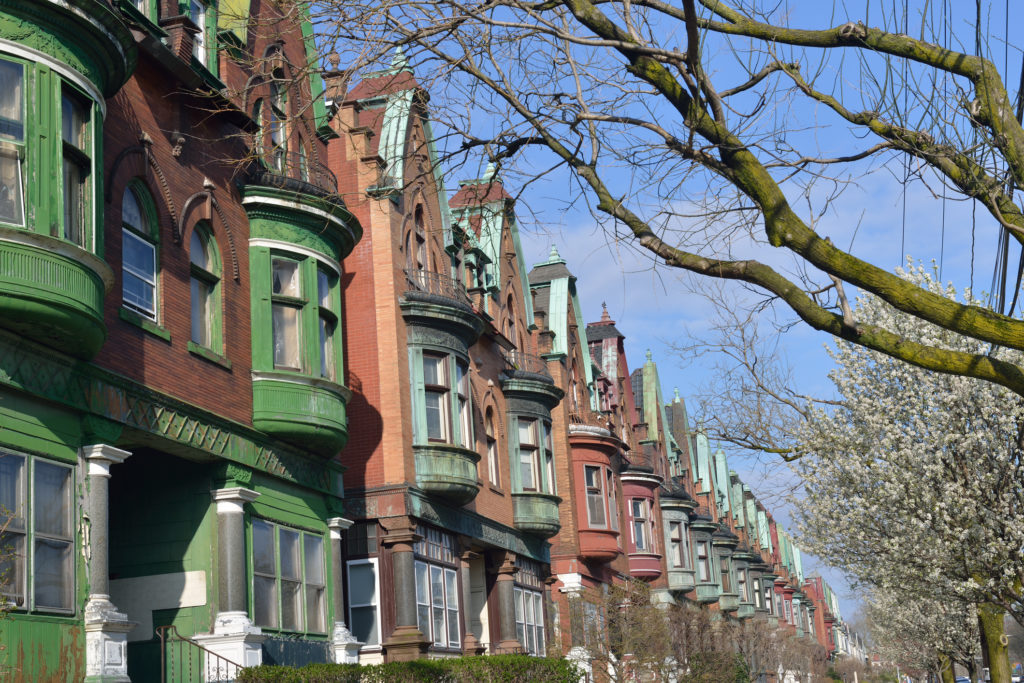Housing service programs help older adults age in place
by Jay Nachman
Most (89%) Americans, aged 45 and older, want to stay in their current home and community, reports AARP.
PCA helps older adults age in place.
“People want to remain in their homes,” says Mark Myers, PCA’s housing director. “They don’t want to go into a nursing home. They also don’t want to go into another type of living arrangement. They want to stay in their homes. They’re familiar with the communities. Many older Philadelphians have been in their communities for 30, 40 and 50 years. Their friends are there. Their family members are there, and they want to stay there.”
Housing Sustainability Program
PCA recently received a grant from the Department of Housing and Urban Development. This grant will support aging in place through its Housing Sustainability Program. It funds housing modifications to keep older adults in their homes safely for longer. The program helps Philadelphians who are 62 or older and earn 80% or less of the average median income.
The grants cover minor repairs and modifications. Work takes place after an assessment by a licensed occupational therapist.
The initiative aims to:
- Reduce barriers to mobility.
- Improve safety.
- Promote aging in place.
The program helps people who have trouble with daily activities. “Housing modifications boost quality of life, reduce institutionalization and enhance independence,” says Alyssa Kalter, PCA’s Housing Sustainability Program manager.
The Housing Sustainability Program receives referrals from the Built to Last program. Built to Last is a whole-home repair program for Philadelphia homeowners. It combines the City’s home repair, energy conservation and healthy homes programs.
The coordinated services make homes more affordable, healthier and safer places to live.
To learn more or to sign up for the Built to Last program, call 215-686-4483 or visit philaenergy.org.
Built to Last has a waitlist. Kalter suggests that interested homeowners sign up soon.
“Planning gives older adults more control and independence as they age,” Kalter says. “Planning for aging in place with home modifications can also reduce stress in a crisis. A fall or sudden health decline can lead to rushed or reactive decisions. This can severely limit options and make decisions more costly.”
Simple things you can do to make your home safer

No-cost changes:
- Open blinds and curtains and raise shades during daylight hours.
- This will increase natural light inside the home.
- Place exposed electrical, telephone and computer cords along a wall. This will prevent people from tripping over a cord.
- Remove all cords from under furniture or carpeting to lessen the risk of fire.
- Remove clutter from stairways and passageways to help prevent trips and falls.
- Check the carpeting on your stairs to confirm it is securely attached.
- Place furniture so people can walk through easily.
- Store flammable liquids in secure, labeled containers. This includes gasoline, cleaning products and paint thinner. Move them away from the home, if possible.
Low-cost home improvements ($35 or less):
- Use the highest-watt or LED light bulbs that fit your fixtures or lamps to increase light.
- Place nightlights in the bathroom. Also, add them in the bedroom and hallways to the bathroom.
- Use a rubber suction bathmat, anti-slip floor strips or decals in the tub or shower.
- Replace knobs on cabinets and drawers with easy-to-grip D-shaped handles.
- Replace traditional light switches with easy-to-use rocker-style light switches.
- Install smoke and carbon monoxide detectors on every level of the house. Focus on areas near the bedrooms.
- If needed, replace any frayed or worn extension and appliance cords.
Jay Nachman is a freelance writer in Philadelphia who tells stories for a variety of clients.




